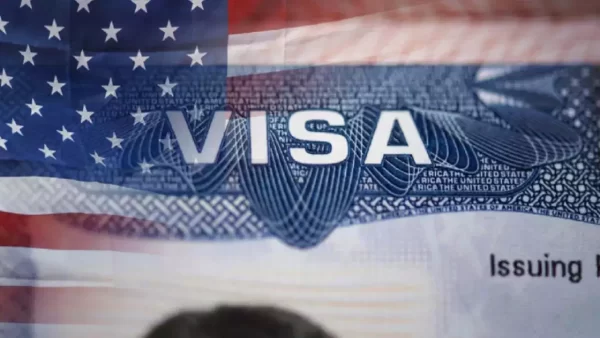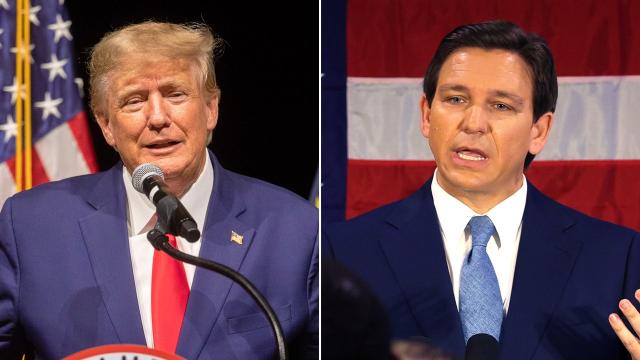President Sri Lanka Ranil Wickremesinghe on Sunday said that there was no point in demanding that he was “home” because he did not have a house to go while referring to the threats received from the protesters.
Speaking in Kandy, a city in Sri Lanka, Wickremesinghe said that some people threatened to protest, demanding that he go home, Colombo Gazette reported.
In response, Wickremesinghe said, “I begged you not to do that because I didn’t have a house to leave.”
Wickremesinghe said that demanding him to go home was just a waste of time instead of the protesters must try to rebuild his burning house.
“There is no point in telling a man who does not have a house, to go home,” he said, adding that after his house was rebuilt, the protesters could demand that he go home.
The President said that the protesters had to rebuild the country or rebuild his house, Colombo Gazette reported.
He highlighted that the riots had delayed the possibility of an agreement with international monetary funds to help withdraw a country that went bankrupt out of the economic crisis and urged the political parties to work together in finding permanent solutions to the problems faced by Sri Lanka.
He further said that there was no point in blaming the former President of Gotabaya Rajapaksa for the economic crisis but was more urgent of all political parties to gather to bring the country out of economic chaos and pay debts.
Wickremesinghe noted that the protest had delayed the possibility of an agreement with the IMF that developed after he took the duty as prime minister.
“Negotiations have stopped due to instability in the island country over the past few weeks when the agitators invaded the country in the midst of lack of fuel and extreme food,” he said.
The President reiterated that other countries did not want to offer financial assistance to the island state until the agreement was reached with the IMF. Sri Lanka needs to find a way to pay back the loan because the IMF will not fully solve the problems faced by the state.
In particular, on July 9, Sri Lanka’s protesters entered the private residence of the Prime Minister Ranil Ranil Wickremeshe and burned it, angry by the economic crisis that had never happened before.
Only a few hours ago with a request for the resignation of President Gotabaya Rajapaksa at that time, they stormed into the complex, tearing the security rope placed by the police, swimming in the pool and walking in the kitchen and his house.
Some journalists were also attacked by security forces after more protesters gathered in the area, the Daily Mirror reported.
Previously, the police fired tear gas at the protesters but even so, they entered their house and burned the house.
After this, Wickremesinghe, who was appointed as Prime Minister in May, announced his resignation from his position to ensure the continuation of the government and the safety of all citizens.
On July 21, after the resignation of the President at that time Gotabaya Rajapaksa, Wickremesinghe was appointed as President of Sri Lanka in the parliament in front of the Chairman of Judge Jayantha Jayasuriya. He was elected president in the election held in parliament on July 20.
In particular, Sri Lanka suffered from his worst economic crisis since getting independence in 1948, which occurred in successive waves Covid-19, threatened to cancel the year of development progress and greatly damage the country’s ability to achieve sustainable development goals (SDGSS).
Protests occurred after the deteriorating economic situation in the country caused an increase in tensions and reports of several confrontations between individuals and members of the police and armed forces at fuel stations where thousands of members who were desperate from the public queued for hours and sometimes for days In the middle in the middle of lack of fuel.


